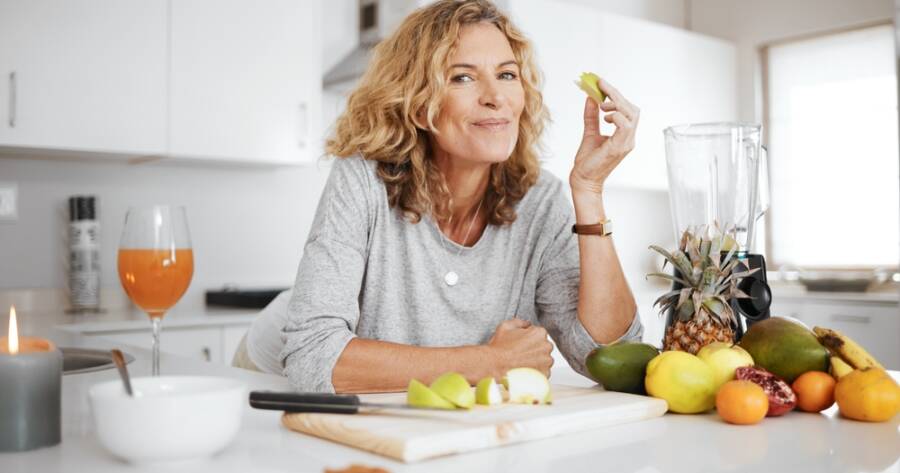When it comes to creating healthy eating habits, there’s no shortage of advice but not every path works for every person. Two popular approaches, clean eating and intuitive eating, offer very different philosophies about how to nourish your body. One emphasizes food quality and structure; the other focuses on listening to internal cues. Understanding the strengths of each can help you choose (or even blend!) an approach that supports your health, happiness, and long-term success.
What Is Clean Eating?
Clean eating focuses on choosing whole, minimally processed foods and cutting out artificial additives, refined sugars, and unhealthy fats. It’s based on the idea that food should be as close to its natural state as possible, making fruits, vegetables, lean proteins, and whole grains staples of the diet.
For many, clean eating offers a clear framework that encourages mindful food choices and improved nutrition. However, it can sometimes feel restrictive if approached rigidly. Finding flexibility within clean eating–allowing for occasional treats and balance–can make it a sustainable choice rather than a short-term fix.
What Is Intuitive Eating?
Intuitive eating shifts the focus from external rules to internal wisdom. It encourages people to reconnect with their body’s natural hunger and fullness signals, eat without guilt, and trust themselves to make satisfying food choices. Instead of labeling foods as “good” or “bad,” intuitive eating promotes a judgment-free approach to nourishment.
This method is particularly powerful for those who have a history of dieting or disordered eating. By removing shame and fostering self-trust, intuitive eating helps rebuild a healthy relationship with food. It’s less about what you eat and more about why and how you eat–with a focus on mindfulness, satisfaction, and self-respect.
Benefits of Clean Eating for Long-Term Health
Clean eating often results in increased consumption of nutrient-dense foods, leading to better overall health. By emphasizing vegetables, fruits, lean proteins, and healthy fats, clean eaters naturally reduce their intake of inflammatory foods linked to chronic diseases like diabetes, heart disease, and obesity.
However, it’s important to approach clean eating with flexibility. Overly rigid rules or an “all or nothing” mindset can backfire, causing stress or an unhealthy fixation on food purity. Long-term success comes from using clean eating principles as a foundation, while still making room for enjoyment, convenience, and real life.
Benefits of Intuitive Eating for Long-Term Health
Intuitive eating promotes emotional and mental health alongside physical well-being. By learning to trust hunger and fullness signals, many people experience improved body image, reduced binge eating, and a more peaceful relationship with food. Studies show that intuitive eaters often have lower rates of emotional eating and higher overall satisfaction with life.
Because it focuses on sustainability and emotional balance, intuitive eating can be a lifelong approach rather than a temporary fix. However, it may take time to unlearn dieting mentalities and rebuild self-trust. Practicing patience, self-compassion, and curiosity is key to making intuitive eating successful and lasting.
How to Find the Right Fit for You
Choosing between clean eating and intuitive eating isn’t about picking the “right” way to eat–it’s about finding what supports your health, lifestyle, and emotional well-being. Some people thrive on the structure of clean eating, while others find freedom and healing in intuitive eating’s flexible approach.
You might even blend elements of both. For example, focusing on whole foods most of the time (clean eating) while also honoring cravings and internal signals (intuitive eating). Listening to your body, your schedule, and your mental health will guide you to the eating style (or combination) that feels both nourishing and sustainable.
Choosing Your Own Wellness Path
There’s no one-size-fits-all approach to health. Whether you lean toward clean eating, intuitive eating, or a personalized blend, the best plan is the one that supports your physical vitality and your emotional peace. Trust yourself to adjust along the way, and remember–true wellness isn’t about perfection; it’s about creating habits that feel good, fit your life, and allow you to thrive.

